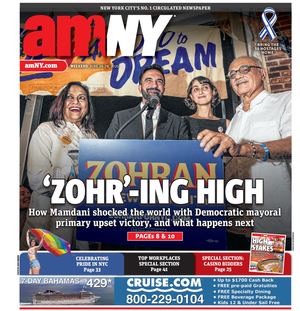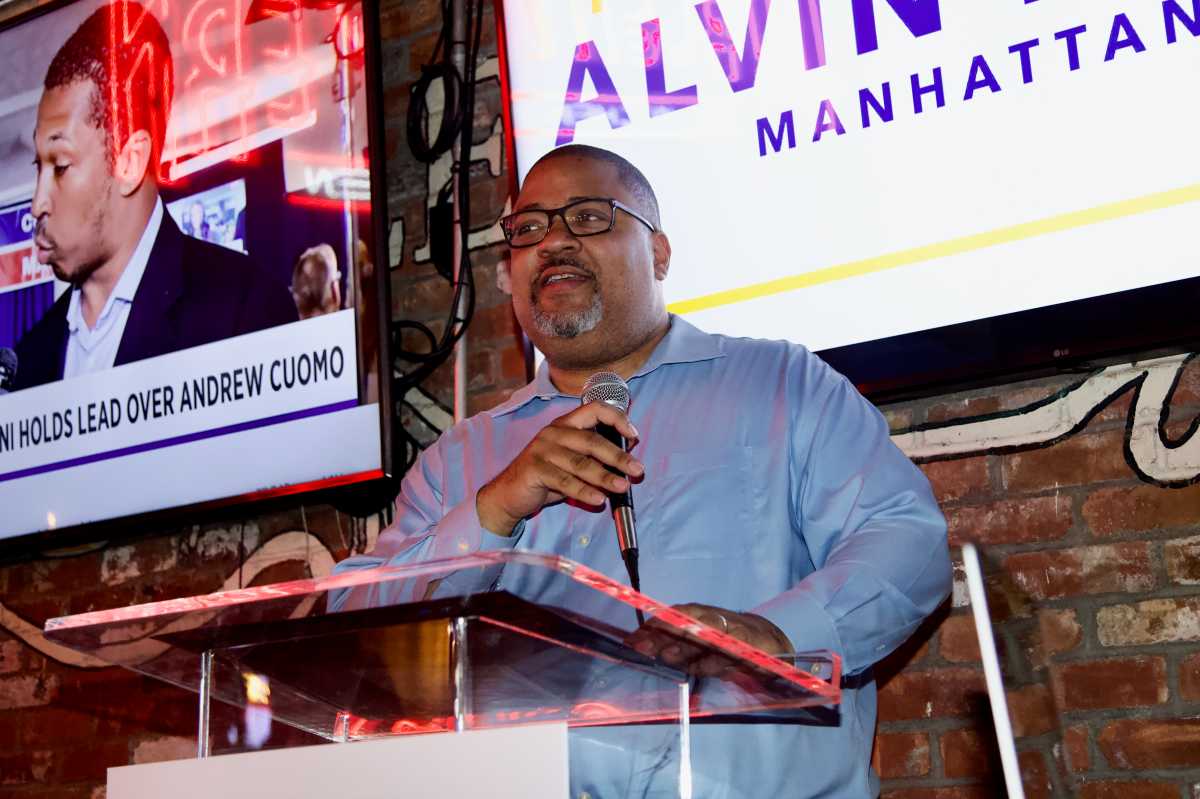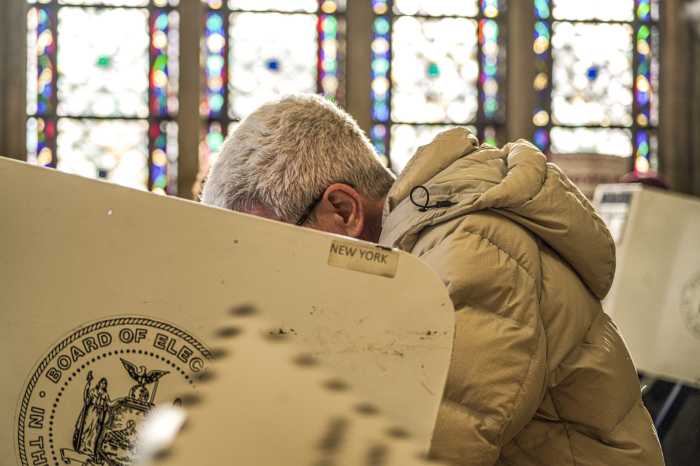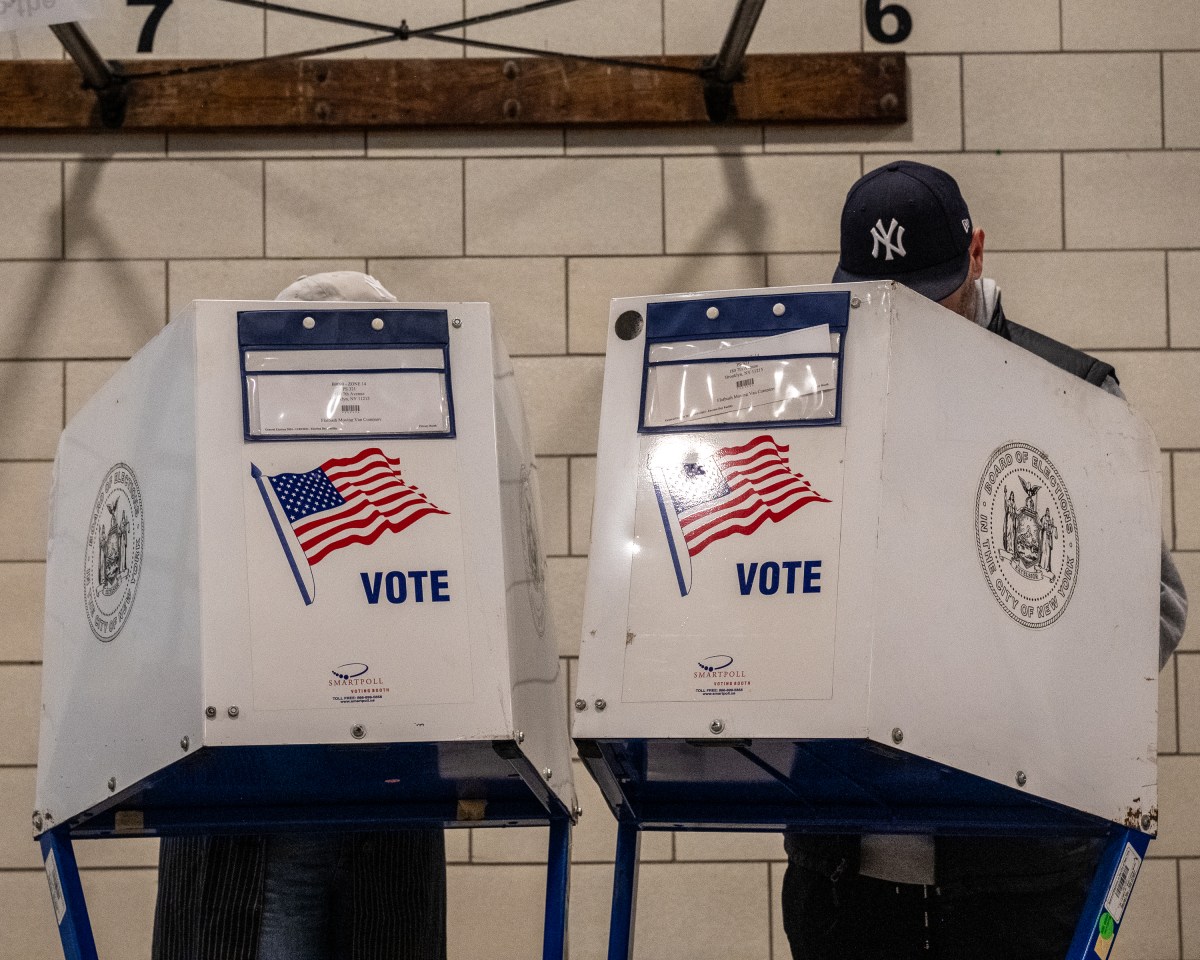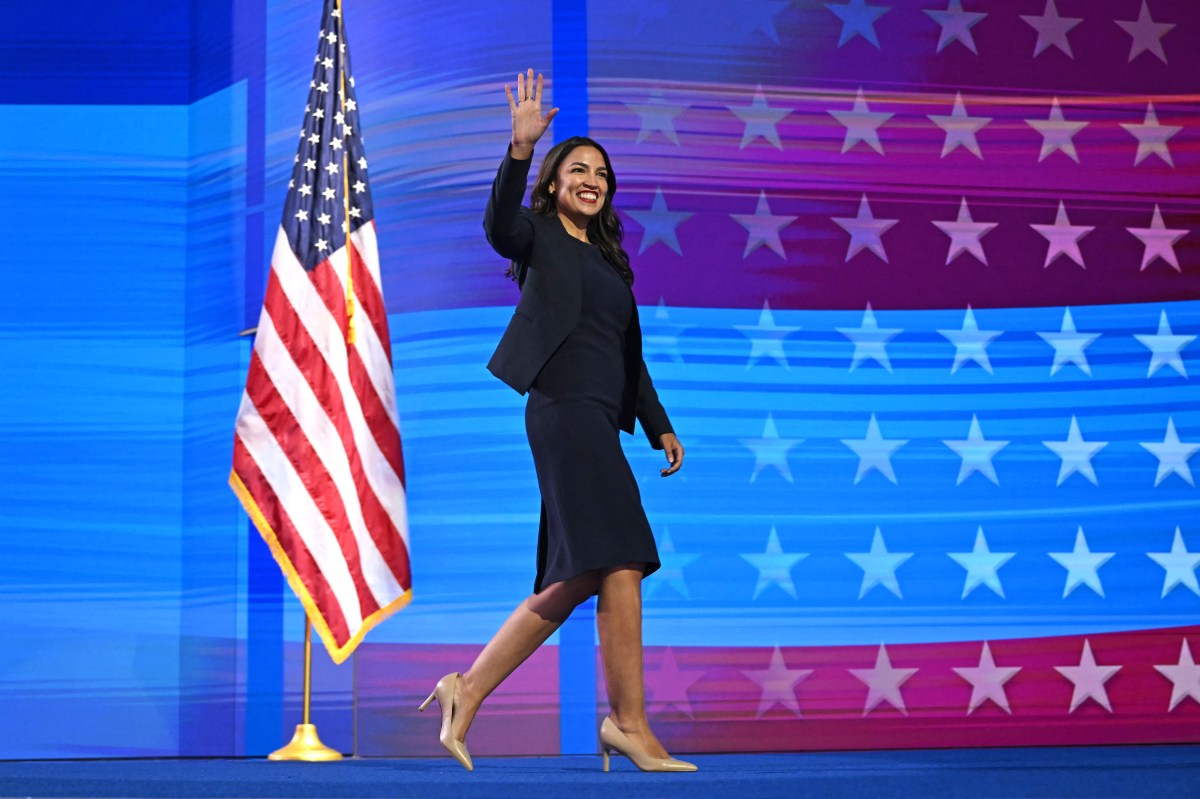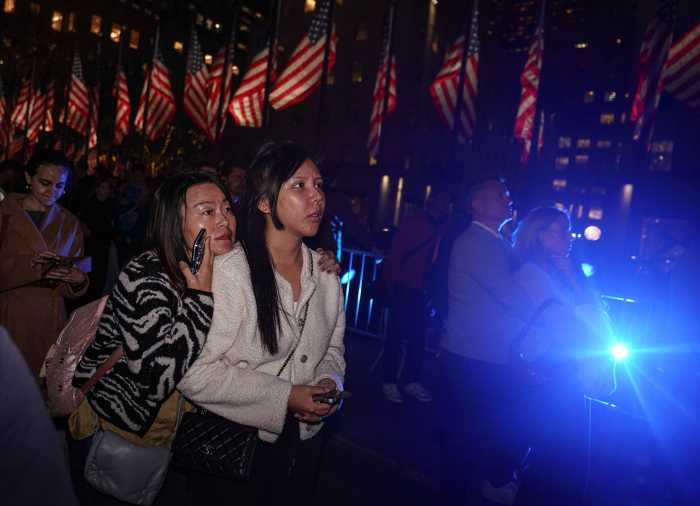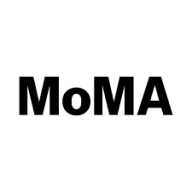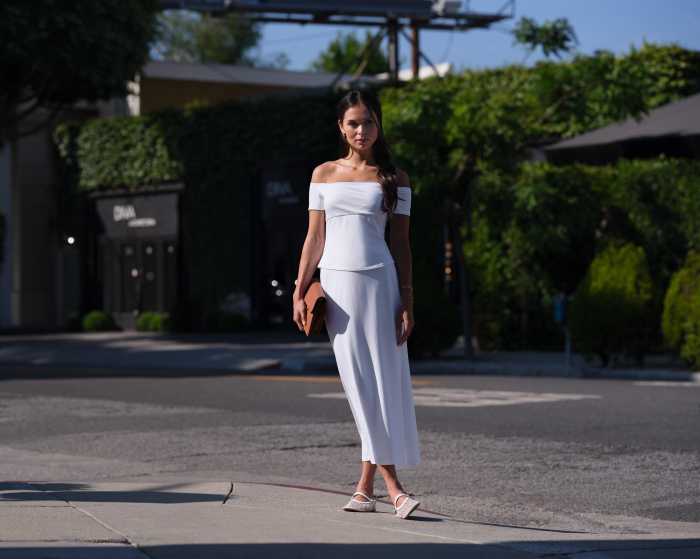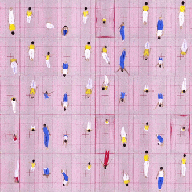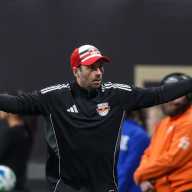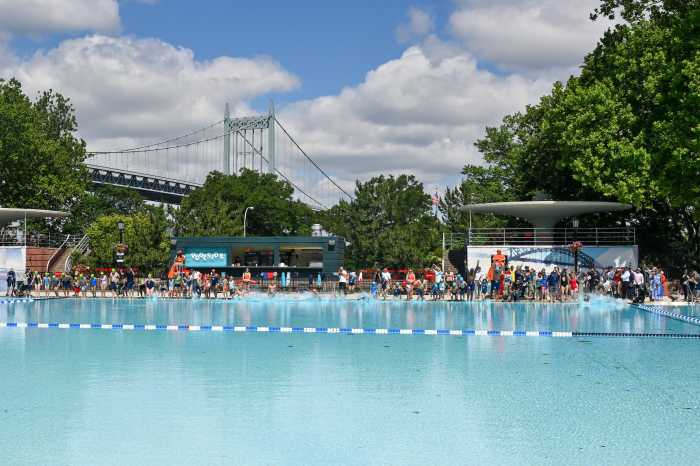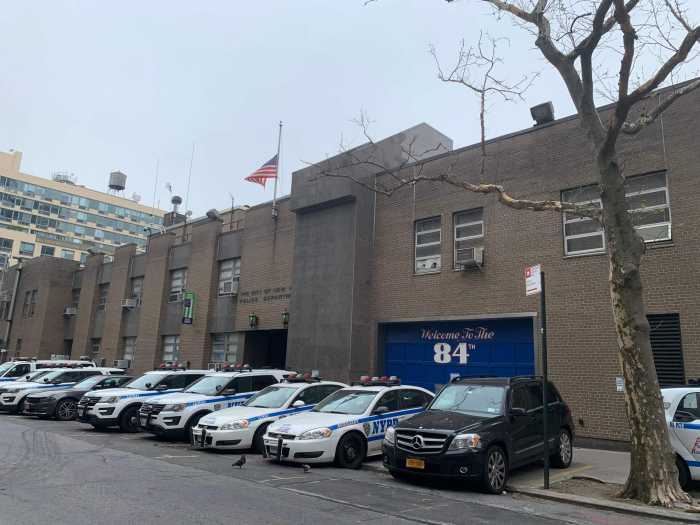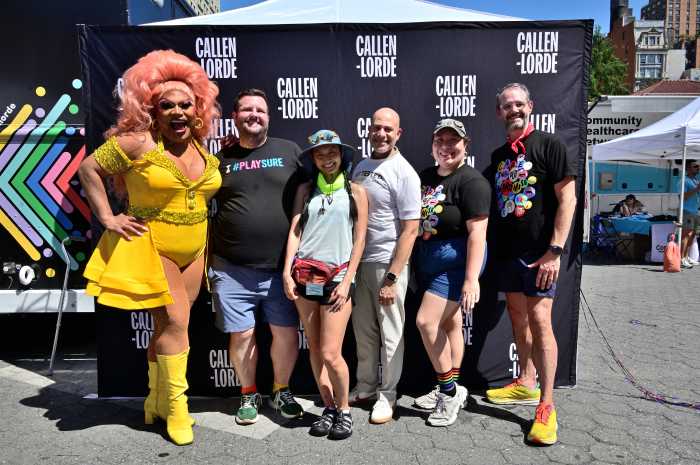Manhattan District Attorney Alvin Bragg won his Democratic primary reelection Tuesday night with a strong showing against his sole challenger.
At last count, Bragg won over 70 percent of the vote, according to the NYC Board of Elections’ (BOE) with 94% of ballots reported in the unofficial election night figures.
He now faces two challengers in the November general election – in addition to a super PAC that “has a lot of funding already with ads up against us.”
A first first term thrust him into the spotlight for his high profile prosecution of President Donald Trump and reformist policies, and reinforced Bragg’s popularity with the Democratic electorate of Manhattan. But at his election party at the Harlem Tavern on 116th Street, Bragg highlighted his reelection success as a result of his approach as a pragmatic progressive.
“The voters have spoken again, and they’ve spoken quite loudly,” Bragg said. “That’s a loud voice in favor of us continuing to make Manhattan safer and our system fairer at the same time.”
Bragg racked up strong margins against Patrick Timmins, a newcomer to politics and former assistant district attorney who had more recently been working as a civil litigator and a part-time adjunct law professor. Timmins had attacked Bragg on the list of low level crimes the DA had instructed his staff not to prosecute as part of a “day one memo” that he sent out when he took office.
The set of policies became the target of a wave of blowback from tough-on-crime critics, but Bragg was able to bolster his safety record by pointing to steadily declining rates of shootings and murders over the past three years.
In his victory speech, Bragg said shootings in Manhattan are now down 66% from three years ago.
“That is lives saved,” he said to cheers.
He also pointed to his hiring of more social workers in his office, which has meant that “emergency crisis interventions for victims are up 250%,” he said.
He highlighted the millions of dollars of his budget that he invested in problem solving courts.
“It’s made us safer while we’re doing it. Safety and fairness interwoven hand in hand,” he said.
Though the campaign garnered endorsements from Manhattan Congressional Representatives Jerry Nadler, Dan Goldman and Adriano Espaillat, city council members, the borough president and several of the city’s largest unions, the election party only drew a few local Harlem politicians, possibly because the race was seen as less competitive.
Assemblymember Al Taylor was seen celebrating at Bragg’s election party with former Lieutenant Governor Brian Benjamin, praising Bragg’s results in his first term.
“If you look back at this short span of time, he’s got deliverables,” said Taylor. “Right now in any part of the world, people want safety, they want to feel secure… but we can’t just incarcerate the world, so I like his preventive work he’s doing — trying to bring that number down.”
Bragg ended his speech by saying the work to win reelection is far from over. In the November general election he will face Republican challenger Maud Maron, a former public defender and a conservative activist more recently known for her controversial opinions on education issues; and independent candidate Diana Florence.
He warned his supporters about the super PAC against him but sounded cautiously optimistic about his political future — and he has reason to be in a borough where Democrats outnumber Republicans by a 7-1 margin.
“It just means we have a lot of work to do,” Bragg said.
